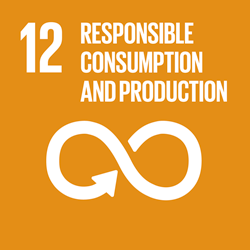Technological watch
Effects of molecular structure on thermal, rheological and mechanical properties of drip irrigation PE tapes
Abstract Considering the microstructure-processing-properties relationship, the attempt was made to distinguish the main structural features of drip irrigation tape grades. In this regards, two different commercial polyethylene grades using for irrigation tape application (DB and MD samples) with various microstructural features were fully characterized by means of thermal, rheological and mechanical measurements and microscopic observations. A set of DSC techniques revealed that DB sample has faster crystallization kinetic probably due to its high crystallizable segments in chains and broad molecular weight distribution. It was found, the type of co-monomer used in DB sample is 1-hexene and in MD sample is 1-butene, given the fact that the amount of co-monomer in DB sample is higher than MD. With special attention to various rheological and thermo-rheological methods, the presence of long branches in DB sample was confirmed, which led to melt strength enhancement and higher production rate. Plus, microscopic observations show that long chain branches cause the separation of amorphous and crystalline regions at the molecular scale in DB sample. This special morphology affects the long-term mechanical properties, so that more natural draw ratio and strain hardening modulus is observed in DB sample, which indicates more Environmental Stress Crack Resistance compared to MD sample.






